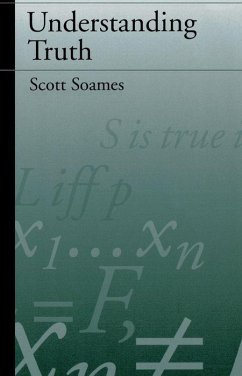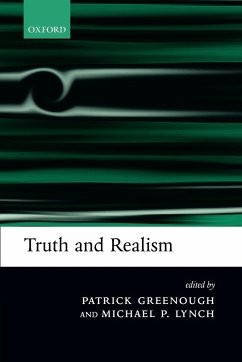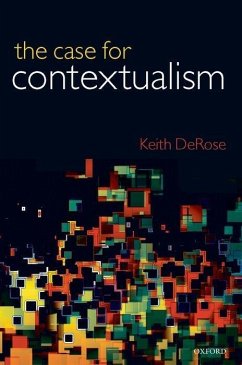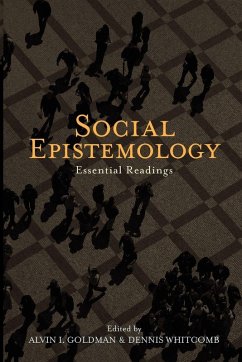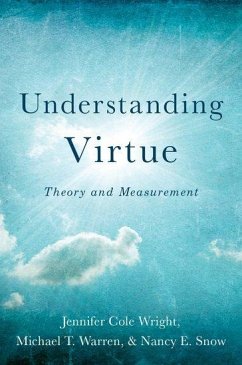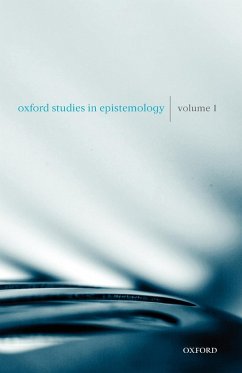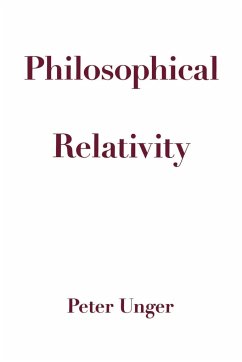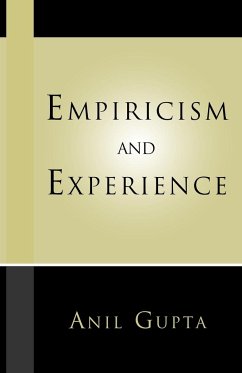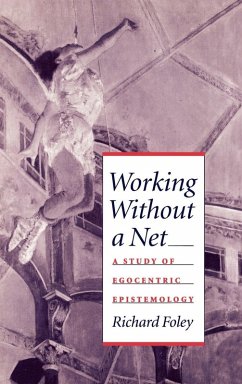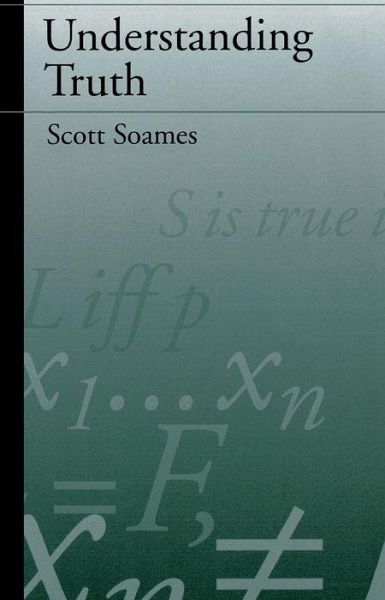
Understanding Truth
Versandkostenfrei!
Versandfertig in 1-2 Wochen
63,99 €
inkl. MwSt.
Weitere Ausgaben:

PAYBACK Punkte
32 °P sammeln!
In this volume, the author illuminates the notion of truth and the role it plays in our ordinary thought, as well as in our logical, philosophical and scientific theories. The main questions investigated include "Why do we need a truth predicate at all?", "What theoretical tasks does it allow us to accomplish?" and "How must we understand the content of any predicate capable of accomplishing these tasks?". The main aim of the book is to integrate and extend the most important insight on truth from a variety of sources.
In this book, Scott Soames illuminates the notion of truth and the role it plays in our ordinary thought, as well as in our logical, philosophical and scientific theories. Part I addresses crucial background issues, including the identification of the bearers of truth, the basis for distinguishing truth from other notions (like certainty, with which it is often confused), and the formulation of positive responses to well-known forms of philosophical skepticism about truth. Part II explicates the formal theories of Alfred Tarski and Saul Kripke, including their treatments of the Liar paradox, and evaluates the philosophical significance of their work. Part III extends important Lessons drawn from Tarski and Kripke into new domains: vague predicates, the Sorites paradox, and the development of a larger, deflationary perspective on truth. Soames aims to integrate and deepen the most significant insights on truth from a variety of sources. He powerfully brings together the best technical work and the most important philosophical reflection on truth and shows how each can illuminate the other.




